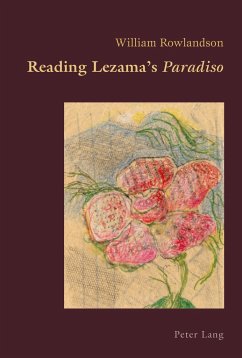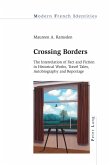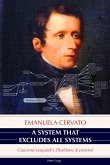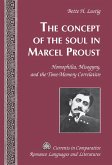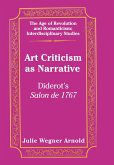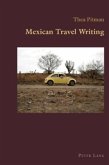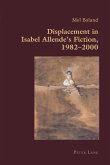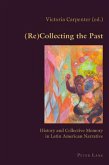This book focuses on the novel Paradiso of Cuban author José Lezama Lima (1910-1976), and in particular on the protagonist José Cemí. It examines the development of Cemí according to the three distinct phases detailed by Lezama: the 'placentario' world of family protection, the awakening to the exterior world and the subsequent friendships made, and the eventual encounters with Oppiano Licario. Cemí's progression, and his growing ability to interpret and create texts, is analysed as analogous to the reader's progression through the novel. In this respect, both the reader and Cemí are obliged to interpret the complex symbolism according to interpretative skills acquired from the text itself. In a similar fashion, the connection between Cemí's 'guide' Licario, and the author Lezama is investigated. By exploring these connections between reader and protagonist, author and character, the author of this work suggests a radical and hitherto unexplored approach to the text of Lezama.
«Rowlandson's 'Reading Lezama's 'Paradiso'' will make an excellent companion to readers approaching this great Cuban novel for the first time and will furnish veteran readers of Lezama with rich readings of some passages that previous critics have largely overlooked.» (Gustavo Pellón, Bulletin of Spanish Studies)

